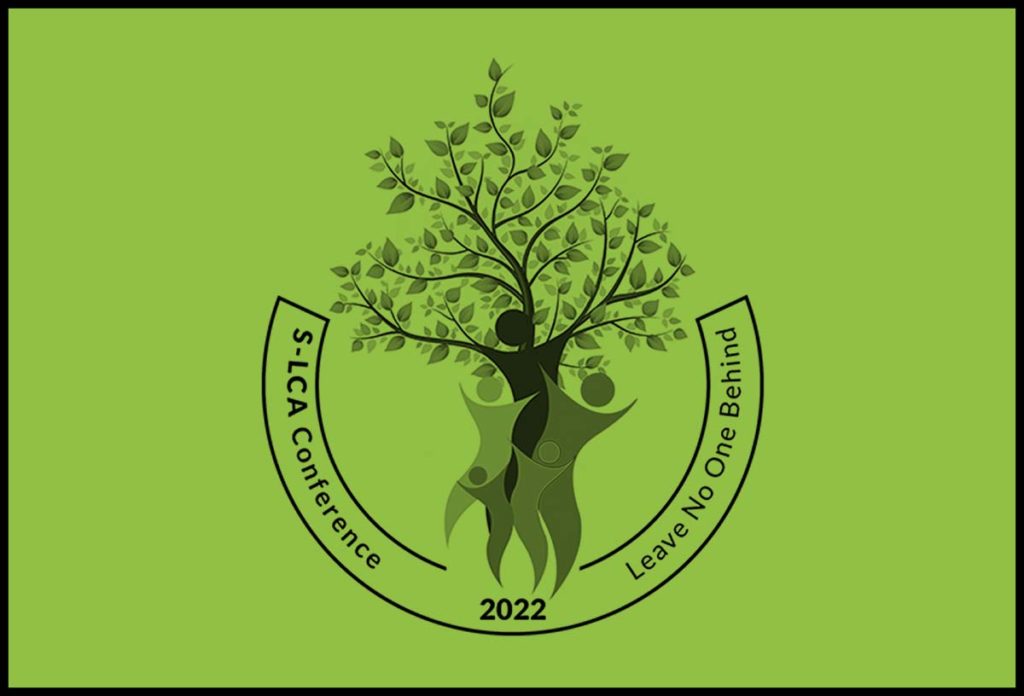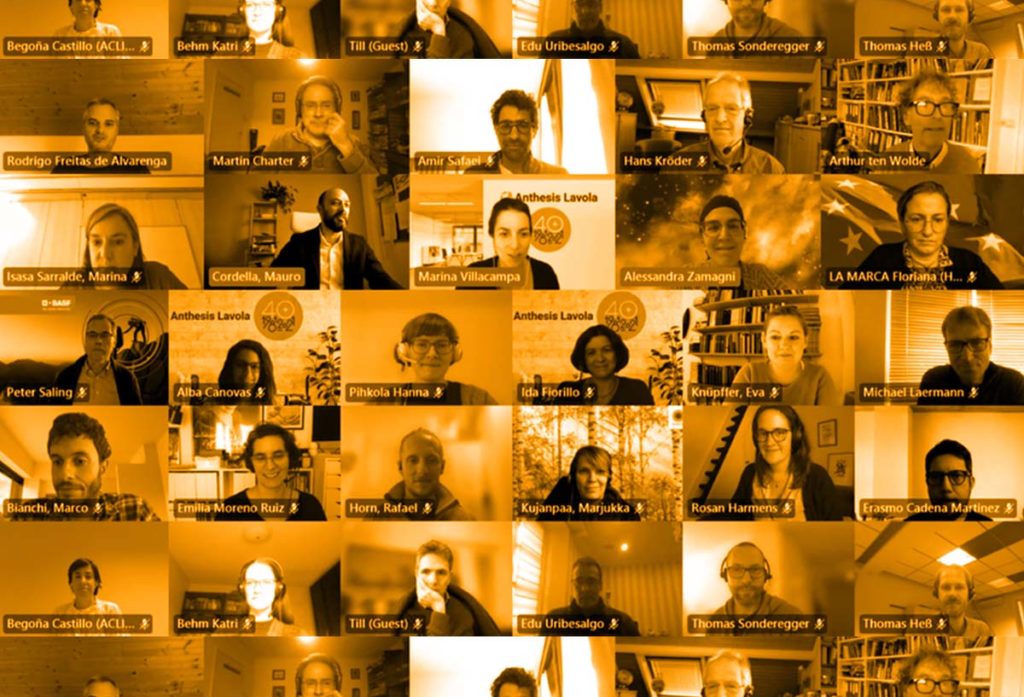Latest news.
ORIENTING takeaways after the S-LCA Conference 2022 – Part II

As we said in the first part of the S-LCA Conference takeaways, some ORIENTING partners were present in this conference and got to know current methodological developments and best practice case studies in S-LCA. At the same time, they were able to present preliminary results about S-LCA developments in ORIENTING and the work done during the execution of the project.
The following are the presentations and sessions in which our partners took part:
- “The Social Science basis of Social LCA”, session chaired by Pré Sustainability which included the presentations “Social Human and other capitals as a scientific basis for understanding social impacts” and “From Inventory to Area of protection”, by Pré Sustainability.
- “Social LCA applications for SMEs”, session chaired by Ecopreneur.eu with Pré Sustainability.
- “Materiality assessment in S-LCA: an entry-level for organisations”, presentation delivered by Ecoinnovazione.
- Side event 1“Expansion of Life Cycle Sustainability Assessment at regional levels”, chaired by Sonia Valdivia with the participation of Ecoinnovazione to express the vision of ORIENTING on the implementation and upscaling of LCSA in Europe.
- “Automatic identification of social hotspots in product lifecycles building on Life Cycle Inventory databases using the STAR method”, presentation delivered by Fraunhofer
During these days, all the issues raised made clear that the ORIENTING LCSA methodology has great potential for application. In the field of sustainability, and following the idea aforementioned in the previous post, all stakeholders are interested in a harmonized assessment, which includes environmental and socio-economic indicators. Furthermore, practitioners, organizations and SMEs need a comprehensive and practical approach that enables the interpretation and communication of sustainability results in an integrated and operational manner.
As explained during the conference, this harmonization can be done based on the expected outcomes of ORIENTING project. These outcomes can help to make Life Cycle Sustainability Assessment more robust and operational by reinforcing the different methodologies included, like LCA, LCC and S-LCA, taking also into consideration product criticality and circularity aspects.
As for the wider implementation of LCSA in Europe, and as discussed in the side event 1 chaired by Sonia Valdivia, it was discussed that LCSA could be used for the development of Product Sustainability Footprint (PSF), since life cycle thinking, and the triple bottom line decision making will be necessary in decision making process. It was highlighted, however, that ORIENTING will not provide PSF Category rules but will focus on the general methodology that each sector/product group could apply.
In the policy area, PSF would play a pivotal role in supporting the EU policy making process, facilitating and enhancing the process of criteria development in sustainable product policies (SPP), like ecodesign, energy label, ecolabel or green public procurement. Furthermore, a PSF could also be integrated also in Level(s), the EU framework of indicators to assess the sustainability performance of buildings, potentially expandable to other construction works and other urban systems.
As a conclusion, the ORIENTING perspective can contribute to upscale LCSA by consolidating, harmonizing and setting the methodology with the involvement of our case studies and the creation of a LCSA handbook, proposing different levels of application of LCSA, especially for SMEs, and preparing a tool and training materials to enhance LCSA application in different contexts.



























